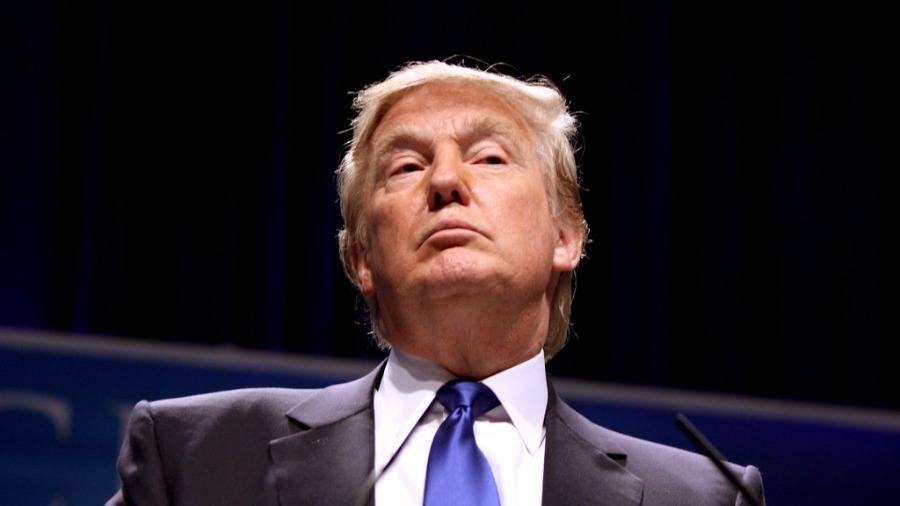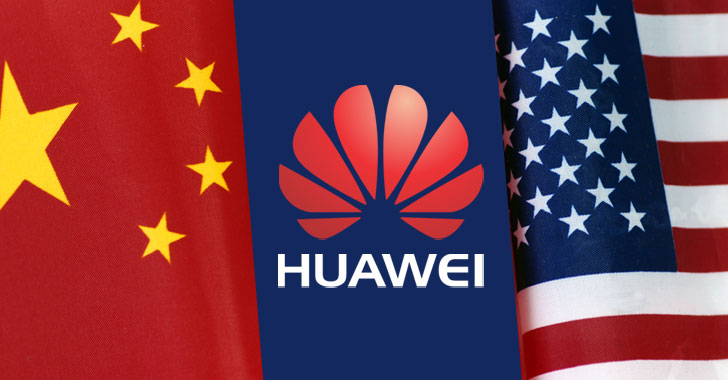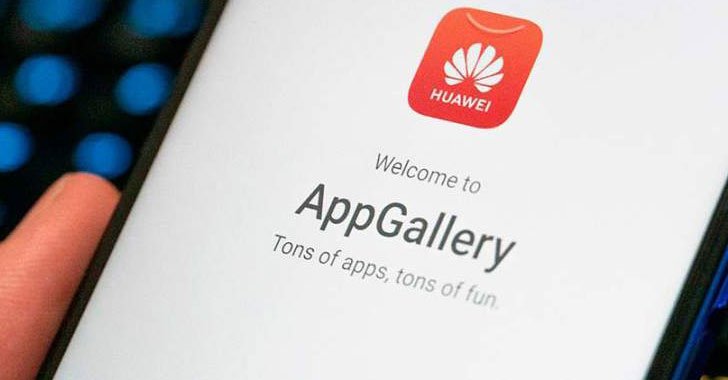The world’s two biggest economies are indulged in a trade war and the toll is being paid by the Chinese company Huawei, which is being erased from existence in the US.
The US government has already blacklisted Huawei, causing a big blow to its growing smartphone business across the globe. After the temporary license ends in August, it won’t be able to do any business with US-based companies unless the ban is lifted.
Not only the US, following the executive orders, companies from other parts of the world have also started to isolate Huawei.
“Huawei is very dangerous”
Now, the latest development in the controversial story happened on Thursday. Here’s a statement by President Trump regarding the ban.
“Huawei is something that’s very dangerous,” Trump said.
“You look at what they’ve done from a security standpoint, from a military standpoint, it’s very dangerous.”
Now, this is already a known thing. One of the biggest reasons behind Huawei’s ban is that the company is accused of having ties with the Chinese government. Huawei is labeled as a national security threat. It’s also alleged that Huawei’s products might have backdoors that could be used for spying activities and compromise security.
On the other hand, people also believe that Huawei is facing the heat of the ongoing trade war in China.
Trump further said, “it’s possible that Huawei even would be included in some kind of a trade deal. If we made a deal, I could imagine Huawei being possibly included in some form, some part of a trade deal.”
Basically, there’s a hint that the ban could be lifted if a successful trade deal happens between China and the US.
As explained by The Verge, these two things are in contrast with each other. If some company is being called “very dangerous,” would it be a wise move to lift the ban after the trade deal? Unless it might happen that the security risk miraculously fades away after the deal happens. Or, if Huawei isn’t a risk at all.
All in all, considering the seriousness of these events and the significant consequences it might have, the explanation doesn’t seem to be convincing.
What about China?
Of course, China has a negative stance on the recent developments made by the US government. Gao Feng, China’s Commerce Ministry spokesperson, termed what the US is doing as “bullying” and said that the best response is that “Chinese firms continue to grow stronger.”
Further, any talks and trade negotiations have gone into cold storage since the last talks happened on May 10.
It was the same day when the US bumped up the import tariff on roughly $200 billion worth of Chinese goods. After which, Beijing retaliated by imposing high tariffs on $60 billion worth of U.S. imports.
Gao said that the US “should show sincerity and correct its wrong actions” if it wants to continue to have any talks. Any negotiations can only happen on the basis of “equality and respect.”










